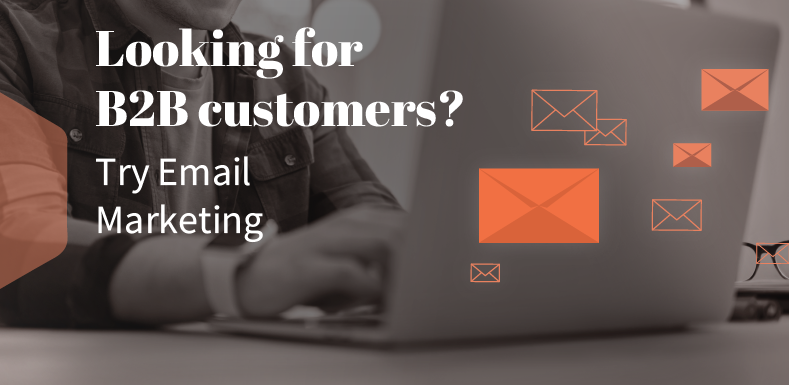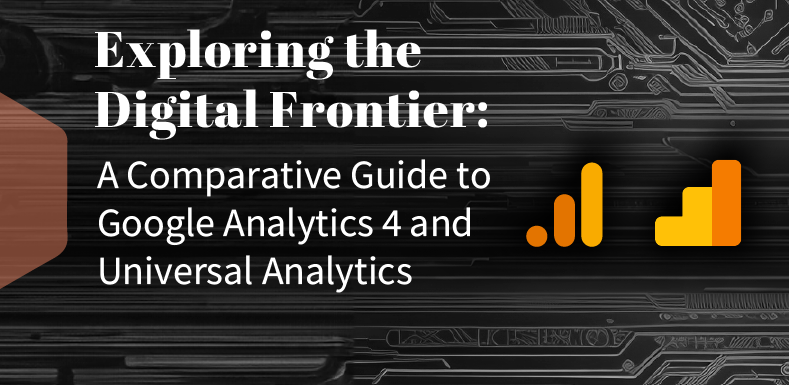
In today’s digital age, businesses are constantly looking for effective strategies to reach and engage potential customers. When it comes to B2B marketing, the key lies in connecting with the right audience and establishing strong relationships. While there are various tools and tactics available, one method that has consistently proven its effectiveness is email marketing.
In a competitive B2B landscape, finding and acquiring customers is a top priority for businesses. However, traditional marketing channels often fail to deliver the desired results. Email marketing, on the other hand, offers a targeted and personalized approach that can yield impressive outcomes. By leveraging the power of email, businesses can effectively connect with their target audience, build brand awareness, and drive conversions. Let’s delve into the various reasons why email marketing is a powerful tool for B2B customer acquisition and see how we can optimize its impact:
1. Building Trust with Personalized Communication
One of the greatest advantages of email marketing is its ability to establish personalized communication with potential customers. You can segment your email list based on demographics, industry, or past interactions to create tailored messages that resonate with each recipient. Personalization helps build trust and credibility, as customers appreciate the effort taken to understand their needs and preferences. Crafting compelling content that addresses their pain points and offers relevant solutions is the key to capturing their attention and building a lasting relationship.
2. Nurturing Leads with Drip Campaigns
B2B sales cycles are often longer and more complex compared to B2C transactions. Email marketing allows businesses to nurture leads over time through drip campaigns. These campaigns are a series of pre-planned emails that are automatically sent at specific intervals. By delivering valuable content, educational resources, and case studies, businesses can keep their brand top-of-mind and guide leads through the sales funnel. This strategic approach ensures that potential customers remain engaged, and it increases the likelihood of conversion.
3. Showcasing Thought Leadership through Newsletters
Newsletters serve as a powerful tool for establishing thought leadership and building credibility in the B2B space. They are an opportunity for businesses to regularly share industry insights, expert opinions, and valuable content to position themselves as trusted advisors in their field. When potential customers perceive you as an authority, they are more likely to engage with your brand and consider your offerings. Incorporating compelling storytelling, case studies, and success stories into your newsletters can further enhance their impact and drive customer interest.
4. Automating Workflows for Efficiency
Email marketing platforms offer robust automation features that can streamline and optimize your B2B customer acquisition efforts. Workflow automation enables businesses to create customized sequences of emails triggered by specific actions or events. For example, when a potential customer downloads a white paper from your website, an automated workflow can be initiated to deliver related content and nurture the lead. Setting up these workflows allows you to save time, maintain consistent communication, and ensure that no leads slip through the cracks.
5. Tracking and Analyzing Performance for Continuous Improvement
To maximize the effectiveness of your email marketing campaigns, it is crucial to track and analyze their performance. Email marketing platforms provide valuable insights such as open rates, click-through rates, and conversion metrics. By studying these analytics, you can gain a deeper understanding of what resonates with your audience and make data-driven decisions to optimize future campaigns. Continuous improvement based on performance analysis ensures that your B2B customer acquisition efforts remain effective and aligned with your business goals.

Conclusion
in the realm of B2B customer acquisition, email marketing stands out as a highly effective tool. Its ability to deliver personalized communication, nurture leads, showcase thought, and track performance makes it a valuable asset for businesses. By leveraging email marketing strategies such as segmentation, drip campaigns, newsletters, and automation workflows, businesses can connect with the right audience, build trust, and guide potential customers through the sales journey.




